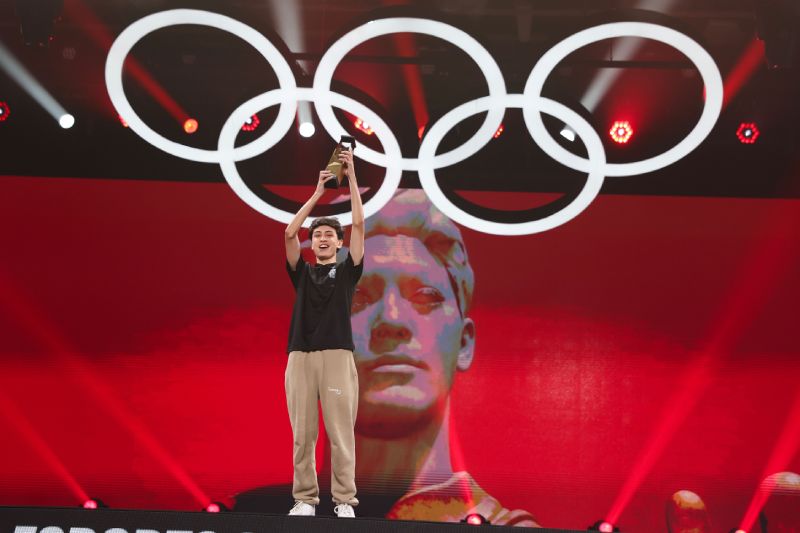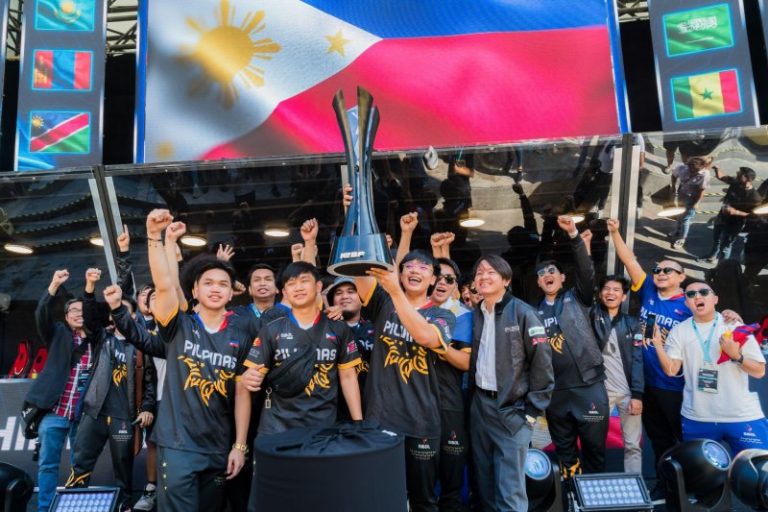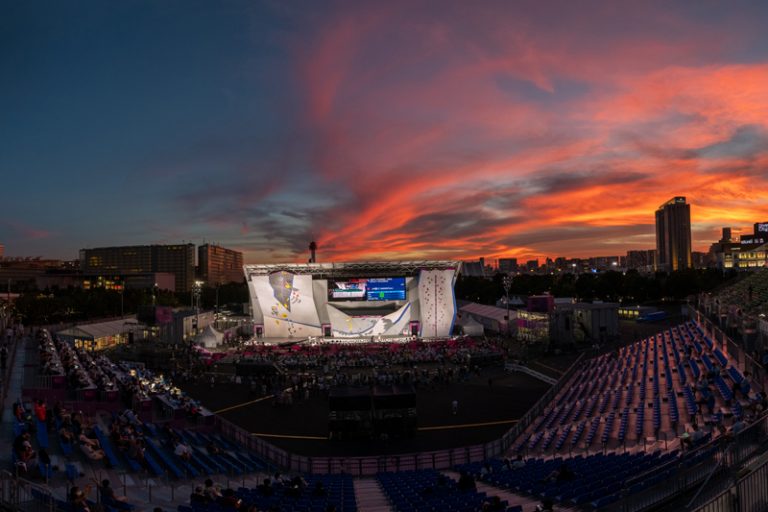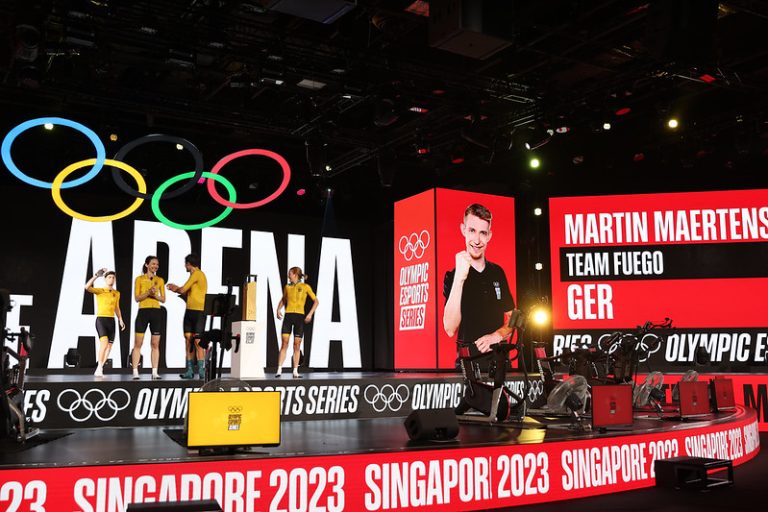Olympic Esports could inspire an entire new demographic to strive for gold, silver and bronze when plans in development by the International Olympic Committee (IOC) are delivered.

On Saturday International Olympic Committee (IOC) president Thomas Bach announced the creation of the Olympic Esports Games, leveraging experience from the Olympic Virtual Series held online in 2021 (due to the pandemic) and the inaugural Olympic Esports Series in Singapore this past June that staged 10 events featuring both digital and hybrid sport simulations.
The surprise announcement came during Bach’s speech to open the IOC’s 141st Session now underway in Mumbai, India.
Bach said there are over 500 million people globally interested in playing esports that involve both virtual sports and sport simulations, noting that most of them are under the age of 34.
“I have asked our new IOC Esports Commission to study the creation of Olympic Esports Games,” Bach said.
In September the IOC named the Esports Commission to be chaired by French IOC member David Lappartient from France who previously led the IOC’s Esports Liaison Group – the IOC’s first foray into the investigation of the potential of esports in 2018.
“We chose an approach that would allow us to be active in the esports space while staying true to our values that have guided us for over a century,” Bach said.
“With respect to esports, our values are and remain the red line that we will not cross. Our crystal-clear position is gaining more and more respect also in the esports community.
“One of the leading publishers even adapted their popular game to conform fully with our Olympic values – so that players shot at targets, not at people,” Bach explained, referring to the cultural phenomenon Fortnite by Epic Games that features a battle royale format with 100 armed players battling against each other in a cartoonish context.
In the custom Olympic version developed for Singapore event, Fortnite players navigated obstacles while using their weapons to shoot at targets along a timed course.
“In Singapore, we saw proof that our holistic approach is working. We successfully brought together the Olympic and the esports communities,” Bach added.
“This was a promising start. But it is just that: a start. It is like in any sport: after even a promising start, the real race still lies ahead.”
Over 130 international players competed in Singapore in front of a “full house” of fans and more than 6 million online views throughout the series, the IOC claims. Along with the qualification rounds over 500,000 participated in the event.
But the event drew criticism, and in some cases mockery, from the gaming community who were confused by the odd list of titles that weren’t representative of the mainstream. By eliminating popular shooter games such as League of Legends and Counter Strike and including fringe titles such as Tic Tac Bow and Tennis Clash, many gamers were uninterested.
“Today sport has to compete for the time and attention of young people. Therefore, we have to reach out to the youth where they are in this digital world. This is not just a technological imperative. This is also a demographic imperative,” – IOC President Thomas Bach
The IOC has yet to recognize an officials esports federation. Two exist, the International Esports Federation (IESF) formed in 2008 and the newer Global Esports Federation (GEF) that launched in 2019. For Singapore, the IOC left it up to existing international sport federations to propose titles relevant to their sports – that’s why eBaseball: Power Pros was endorsed by the World Baseball Softball Confederation (WBSC) and the International Sport Shooting Federation backed the custom Fortnite arena, among eight others.
Hybrid sports such a Zwift for cycling and Just dance for dance sport were also involved.
There are signs that the two sports federations are creating closer ties that might bring them to important IOC recognition, and involvement in the Olympic Esports Games.
Earlier this month the IESF named HRH Prince Faisal bin Bandar bin Sultan Al Saud acting president after Vlad Marinescu stepped down to focus on his other roles. Prince Faisal also serves as vice president of the GEF, all but guaranteeing there will be synergy between the two organizations.
Marinescu said “I believe what we need now is a total unity of Esports at the International Level, which will lead to recognition by the Olympic Movement and closer relations with Publishers. I believe that the right person to lead us to this unity is H.R.H Prince Faisal.”
Few details around the development of the Olympic Esports Games have been released, but a discussion around the proposal is expected Sunday during the IOC Session and a presentation from the Esports Commission.
The IOC has been searching for ways to better engage with the 18-34 age demographic, a new generation that is losing interest in the traditional Olympic Games. Esports is seen as a productive way forward, but it must be done on the terms of youth.
“Today sport has to compete for the time and attention of young people,” Bach said.
“Therefore, we have to reach out to the youth where they are in this digital world. This is not just a technological imperative. This is also a demographic imperative.”


